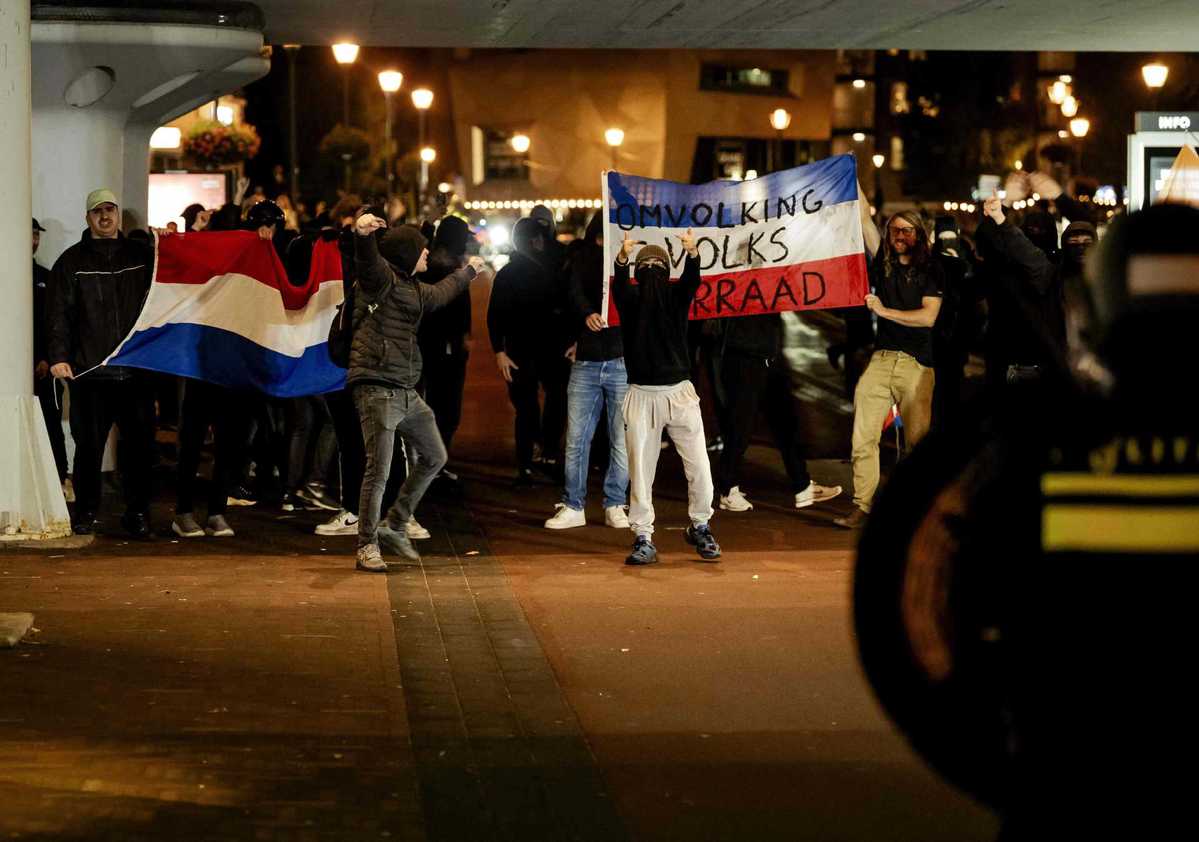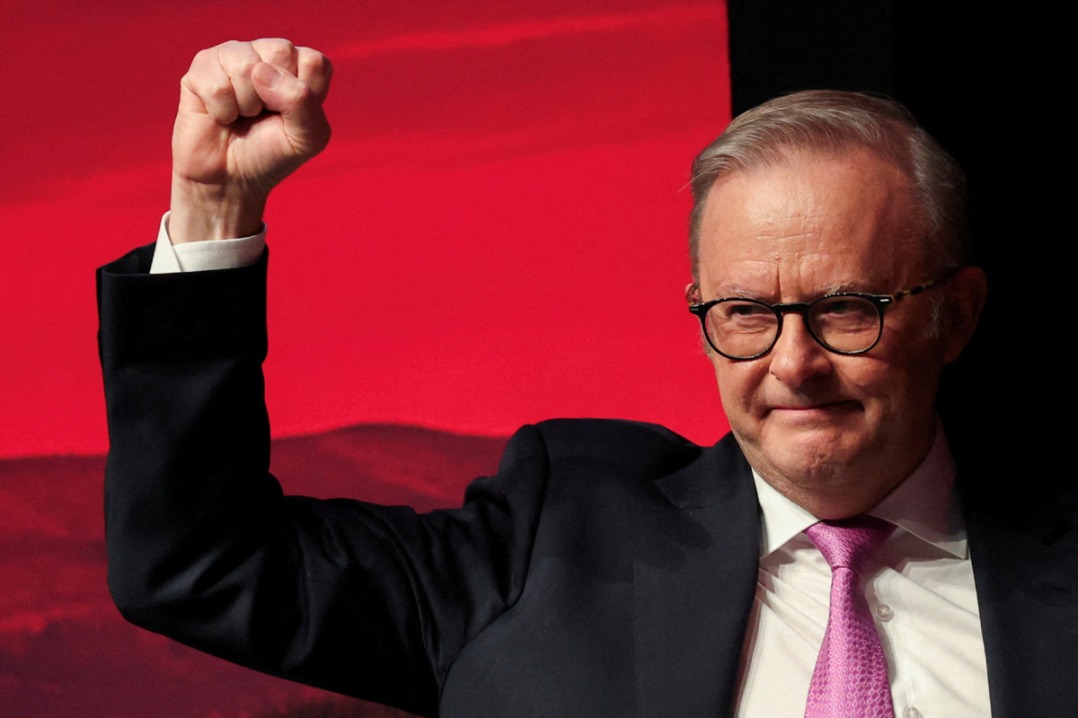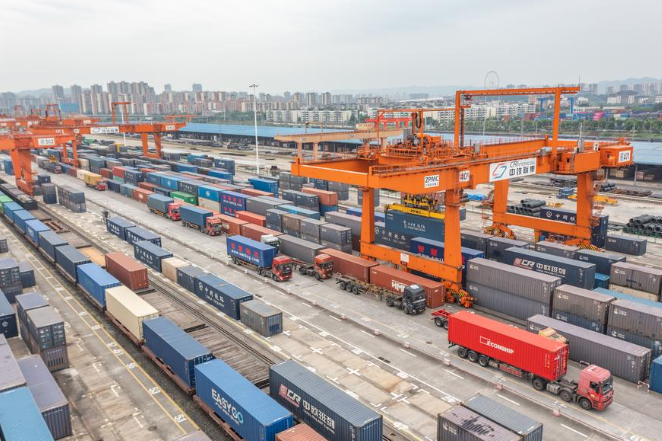Who will take 30,000 asylum seekers? EU's talks hit early roadblock


LUXEMBOURG — The EU's new migration pact is headed for its first major test, with member states facing a Christmas deadline to agree on the relocation of at least 30,000 asylum seekers — and so far, no country has stepped forward.
Interior ministers from the EU's 27 nations met on Tuesday in Luxembourg to begin talks on the so-called "solidarity mechanism", a key pillar of the migration reform adopted last year and set to fully enter into force in 2026.
The pact aims to ease pressure on frontline countries such as Greece and Italy by requiring other member states to either take in asylum seekers or pay 20,000 euros ($23,400) per person to help alleviate the strain.
But the plan has already hit resistance from member states.
Poland declared ahead of Tuesday's meeting that it would not accept any relocated asylum seekers, a stance since echoed by Austria, Belgium and Sweden.
"This is going to be a painful discussion," one European diplomat told AFP, with no alternative but to reach a final decision by year's end.
Once in place, the new solidarity mechanism is intended to apply to at least 30,000 asylum seekers each year.
As a first step, the European Commission was due to publish a list of countries deemed under "migratory pressure" by Wednesday, based on criteria such as irregular arrivals and population size.
Once the list is agreed upon, member states will negotiate how many people they are willing to relocate — or how much financial support they will offer instead. Several rounds of talks are expected before a final deal is struck.
But Brussels has asked for an extra "couple of days" to refine its methodology, following pushback from several heavyweight capitals, including Germany.
"It's not easy because it's the first time" the system is being tested, EU Commissioner Magnus Brunner said on Tuesday. "We're discussing that throughout the day."
Long-standing challenge
In parallel, ministers were debating how to improve the return of migrants whose asylum claims have been rejected — a long-standing challenge for the bloc.
Currently, only around 20 percent of those ordered to leave the EU are actually returned.
The commission has proposed measures that would allow states to open "return hubs" outside EU borders to process rejected asylum seekers, alongside tougher rules for migrants refusing to leave, including longer detention periods.
But here too, divisions persist.
France and others oppose a provision allowing mutual recognition of expulsion decisions — meaning, for example, a deportation order issued in Italy could be enforced in France.
The issue is politically fraught, with rising anti-immigrant sentiment across the bloc and pressure mounting from critics calling for a harder line.
But countries, including Denmark, that advocate a tougher line on migration, are pushing hard for this issue, like the solidarity mechanism, to be settled by year-end.
Agencies Via Xinhua

































